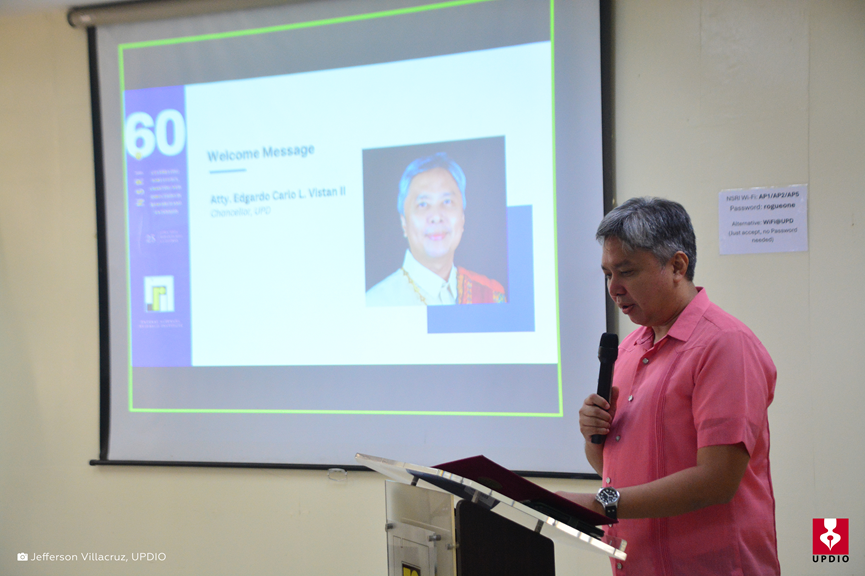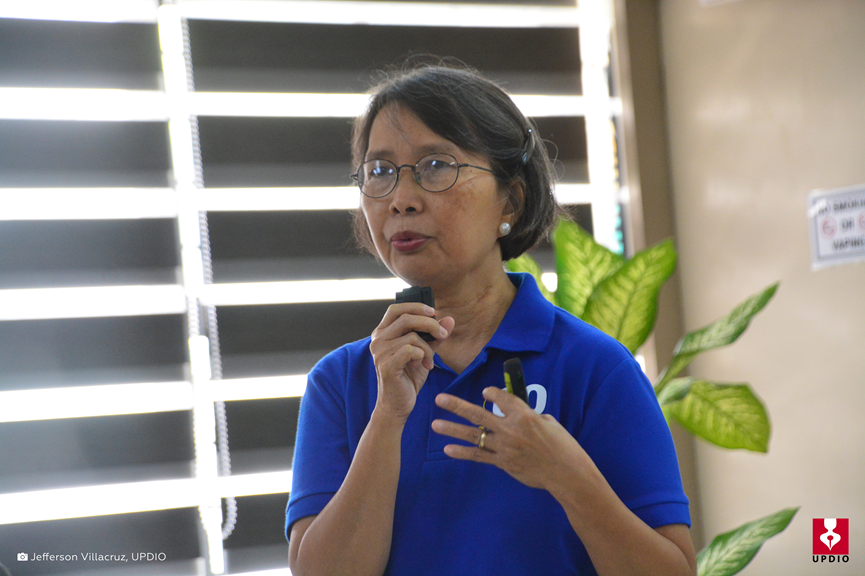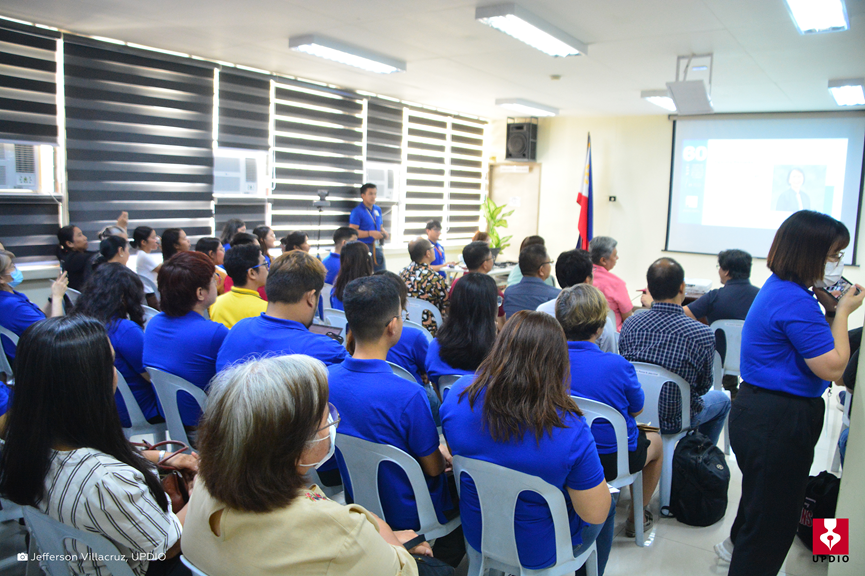The UP Diliman (UPD) Natural Sciences Research Institute (NSRI) celebrated its 60th founding anniversary on June 25 with the theme, Celebrating NSRI Legacy, Charting New Directions in Research and Extension.
The event featured presentations from the four in-house laboratories, namely the Biological Research and Services Laboratory, the DNA Analysis Laboratory (DAL), the Microbiological Research and Services Laboratory (MRSL), and the Research and Analytical Services Laboratory (RASL). The presentations highlighted the laboratories’ mandates, research and extension activities, achievements, and future directions.

UPD Chancellor Edgardo Carlo L. Vistan II, in his message, emphasized the essential role of the NSRI in the UPD’s research and extension endeavors.
“The NSRI’s work is invaluable, significantly contributing to the advancement of Philippine society through technological transfer and bridging the gap between academia and communities, school, industry, and other sectors. The institute’s unwavering commitment to its mission is evident in the legacy passed down from generation to generation of scientists who are not only skilled but also socially aware and service-oriented,” said Vistan.
Maria Auxilia T. Siringan, PhD, the NSRI officer-in-charge, acknowledged the pioneering efforts and hard work of the NSRI’s first director, Bienvenido T. Miranda. In his honor, the NSRI building was named Miranda Hall in 2000.

“While the institute turned 60 years old, which to us humans is equated to the senior stage of life, the NSRI will not retire but will keep on moving forward as it navigates through the advances in science and technology, during this age of genomics, data science, and artificial intelligence,” Siringan said.
Meanwhile, the newly created UPD Research Ethics Board (REB) held an exhibit at the NSRI where it is housed. The exhibit featured the workflow of the research ethics review process in obtaining ethical clearance for research projects. According to its publication material, the REB “aims to safeguard the rights, dignity, and welfare of research participants by rigorously evaluating potential risks, benefits, and the informed consent process prior to research implementation.”
In addition to the exhibit, the DAL, MRSL, and RASL laboratories were opened in the afternoon for guests to see what the laboratories offer. The staff members of each laboratory gamely answered queries from guests about what they do in their specific laboratory.

